Energy System Mechanics Lab.
About Uemichi Lab.
We are working on research that aim to make technical contributions to realize energy systems in harmony with the dramatically changing society and environment.
Specifically, we conduct simulation and experimental research on mechanical systems for energy conversion using mathematical models based on mechanical laws.
In particular, we aim to tackle and solve various engineering problems by constructing and applying mathematical models that can convey physical meanings, which are acceptable even in the information society.
Akane Uemichi has moved to Yamaguchi University.
I have started working as an Associate Professor at Department of Mechanical Engineering, Yamaguchi University. If you are interested in studying in a beautiful chilled town, Ube, please do not hesitate to contact me via email.
uemichi[at]yamaguchi-u.ac.jp [a]->@
What’s energy system mechanics research?
We focus on the representation of mechanical systems related to energy conversion by mathematical models based on mechanical laws. Simulations and experiments are conducted in conjunction with this to determine the nature of the mathematical models that have been constructed.
Associate Professor Uemichi Akane, Ph.D.
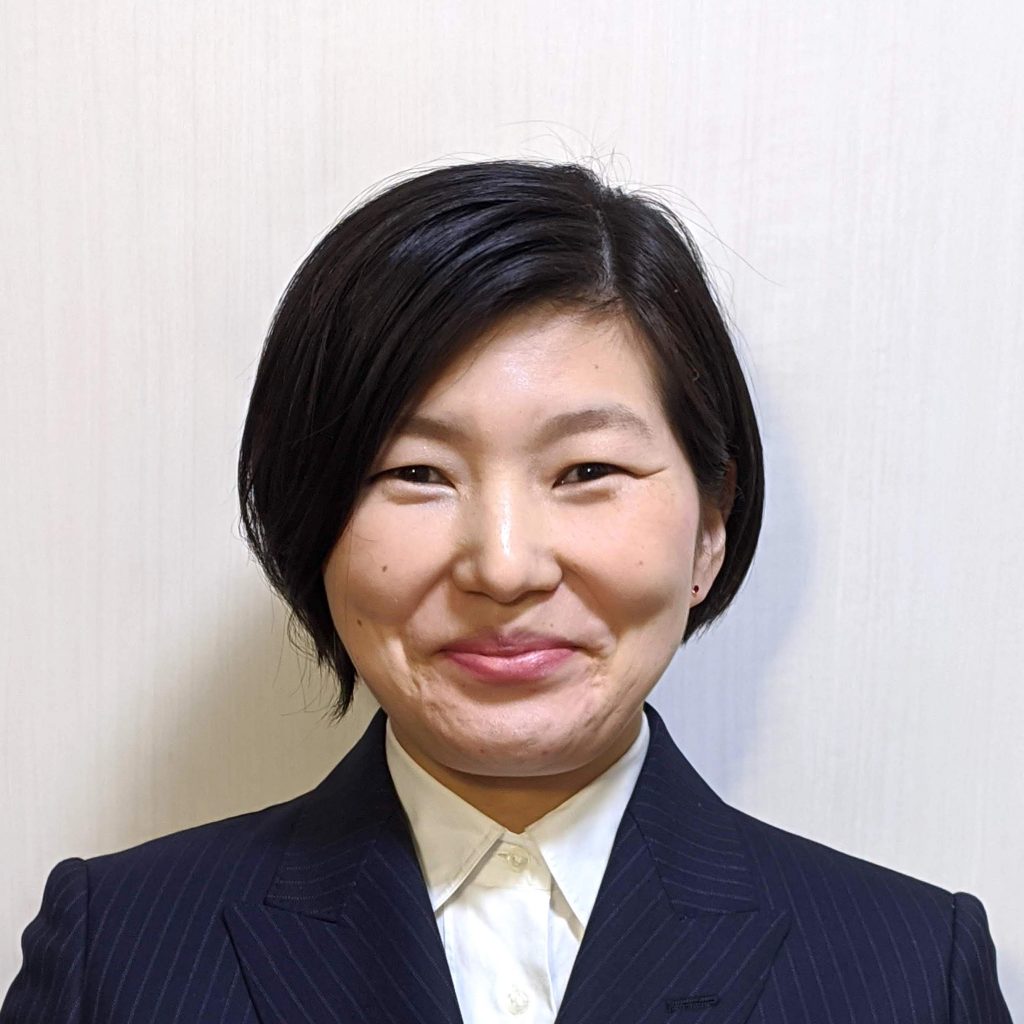
The main research areas are thermofluid dynamics and fluid-induced vibration, including combustion oscillation, modeling and simulation of the energy system, and optimization of pipe routing.
Dr. Uemichi studied mechanical engineering at University of Tsukuba (2005-13). She received her doctoral degree from University of Tsukuba (2013). Her doctoral thesis dealt with ultra-lean flame stabilization mechanisms. After that, she spent almost five years as Assistant Professor at the University of Tokyo, working on the application aspect of combustion fundamentals and starting fluid-induced vibration research. She then spent nearly one year as Assistant Professor at Tokyo University of Agriculture and Technology, working on energy system research. In 2020, Dr. Uemichi became Tenure Truck Associate Professor at Waseda University.
- Scopus Author ID: 36661537900
- Google Scholar: https://scholar.google.co.jp/citations?user=UaAyV1EAAAAJ
- Researchmap: https://researchmap.jp/a-uemichi?lang=en
Current Research Topics
Dr. Uemichi started her research from combustion fundamentals at school because most of the energy conservation was due to combustion. But our social environment has been changing rapidly. So she extended her research interest to the energy-related field as follows.
Combustion Oscillation Generated in a Hydrogen-Mixed Gas Turbine Combustor
We would like to construct a model that can be interpreted semantically while acknowledging the complexity of the combustion heat generation phenomenon as the excitation source. Specifically, to maintain the complexity of combustion phenomena in 3D reactive flow CFD simulations, the results are obtained by considering elementary reactions. Still, in modeling, we focus only on temperature and perform averaging (reduced model). I would like to establish this modeling method. In the future, I would like to develop a comprehensive way such as 1D-CAE that can be used to design gas turbine combustors and surrounding piping.
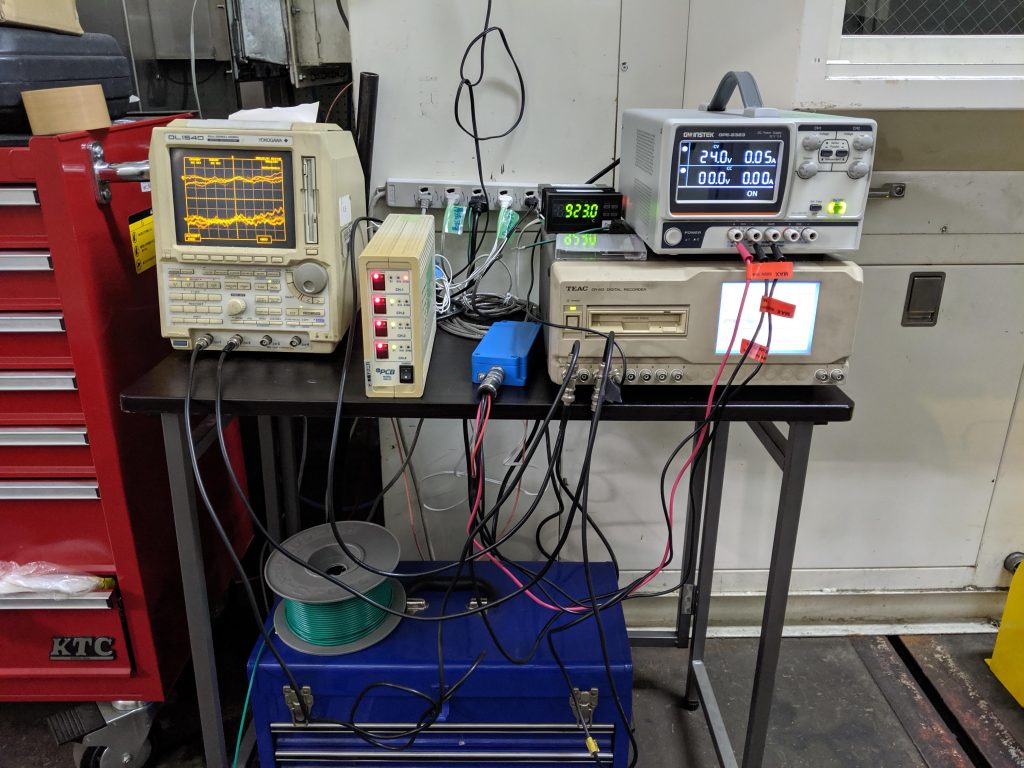
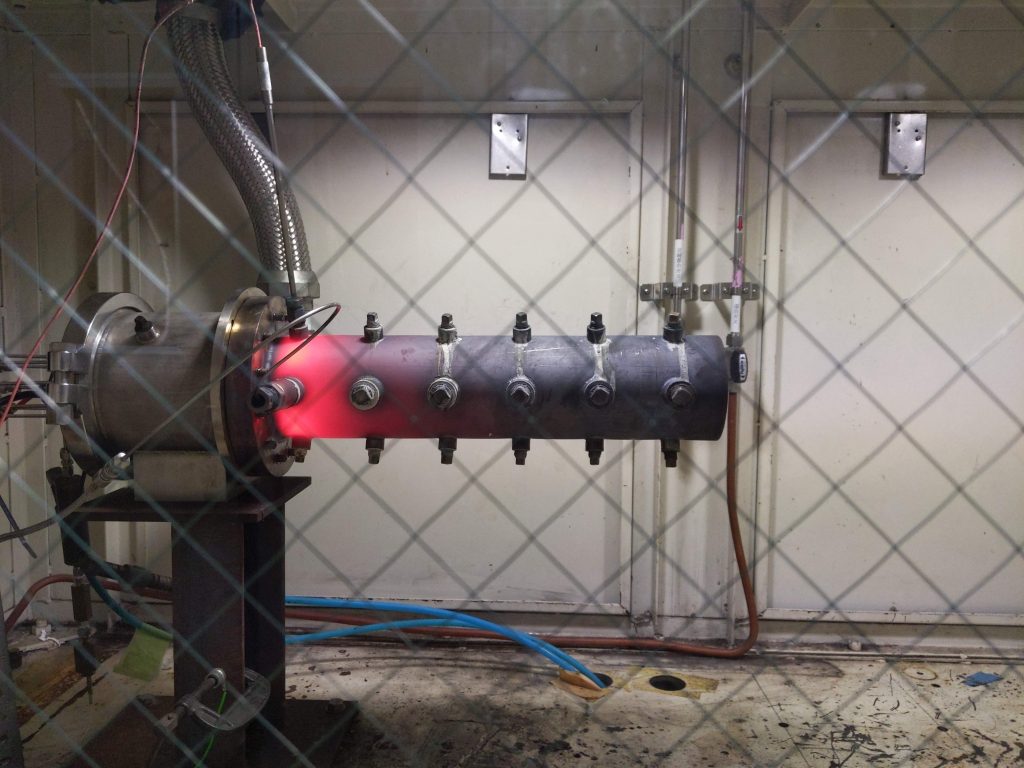
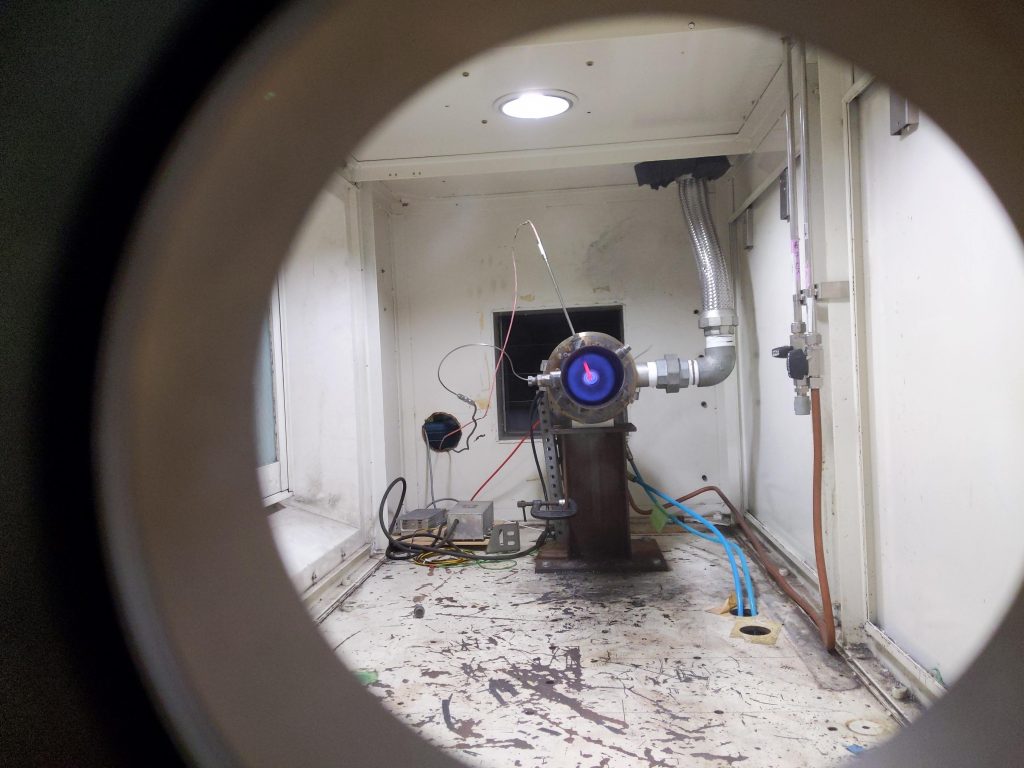
Modeling Study on Energy Conversion Process of Turbocharger
To realize the high efficiency and high performance of power systems in next-generation mobility, we are developing a mechanical loss model of a turbocharger (referred to as "turbo") bearing with an application to CAE simulation. This model calculates the axial thrust force acting on the turbocharger from numerical calculations assuming a one-dimensional compressible fluid (fluid calculation model) and then uses the results to determine the gap width in the thrust bearing to calculate the frictional loss generated in the thrust bearing and journal bearing (frictional loss calculation model).
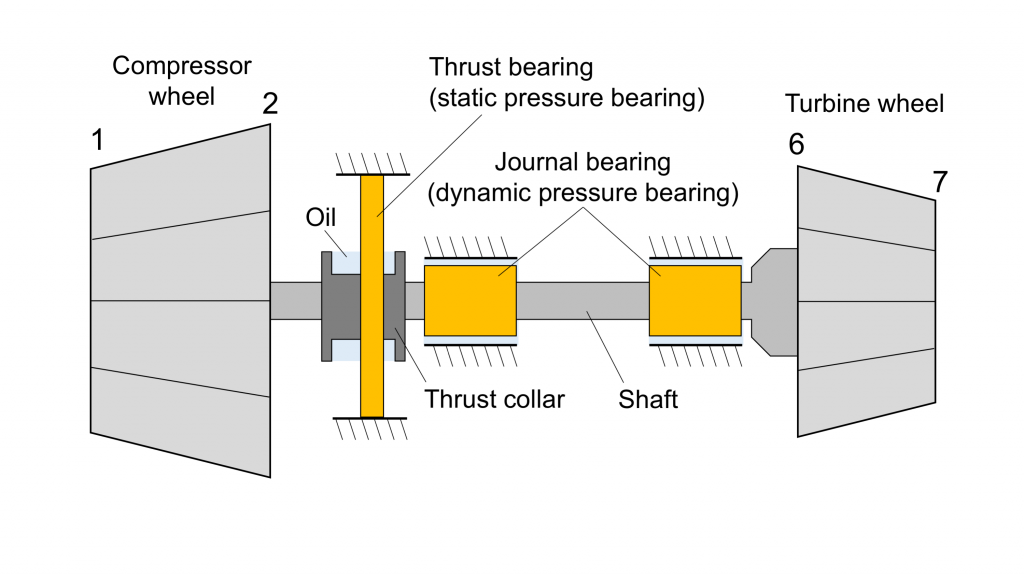
Design of Mechanical Systems for Improving Urban Resilience
This study developed a multi-objective optimization tool that can propose the optimal combination of distributed power supply for hospitals. This tool uses the "economic index" in normal times and the "expected value of energy supply" in times of disaster, the objective function. A genetic algorithm was adopted for the multi-objective optimization, and ideal Pareto optimal solutions were obtained in the case study. Following this, we constructed a power system simulator consisting of mathematical models of each distributed power supply to verify the optimization simulation results' validity. Using this simulator, we can confirm the balance of energy supply and demand in the event of grid disruption. We are currently developing a method for estimating "energy demand in times of disaster" that meets disaster medical care needs by conducting interviews with people involved in base hospitals for disasters.

Automatic plant piping routing using AI
A large number of requirements must be met in the design of piping for plants. Currently, pipe routing relies heavily on the experience of skilled engineers. Still, it may not be possible to obtain a design solution that satisfies many requirements by manually searching for a design solution. To solve this problem quickly, there is a need to realize a method to automatically route highly reliable pipes that satisfy all the various requirements. We study this problem as a multi-objective optimization problem where the requirements are set as objective functions, and the optimal piping layout is searched. In addition to the likelihood of failure (LOF), a genetic algorithm has been used to perform multi-objective optimization using the pipe length and interference between pipes as indicators. In the future, we plan to incorporate reinforcement learning into the optimization algorithm and propose a new objective function that meets the practical needs of pipe routing.
To Join Uemichi Lab.
If you are interested in entering our lab, please read the Graduate School Admissions page carefully. Then, contact Dr. Uemichi via e-mail.
E-mail: uemichi [at] waseda.jp ( [at] -> @ )